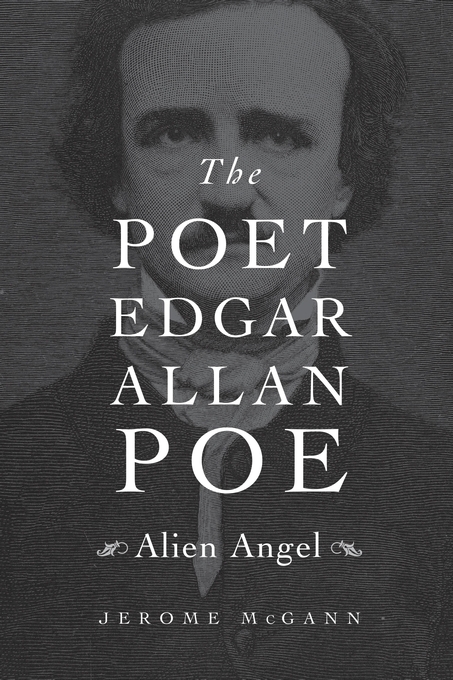John S. Sledge is an architectural historian with the Mobile Historic Development Commission in Alabama. He served as books editor for the Mobile Press Register for seventeen years. His most recent book is Southern Bound: A Gulf Coast Journalist on Books, Writers, and Literary Pilgrimages of the Heart (University of...

